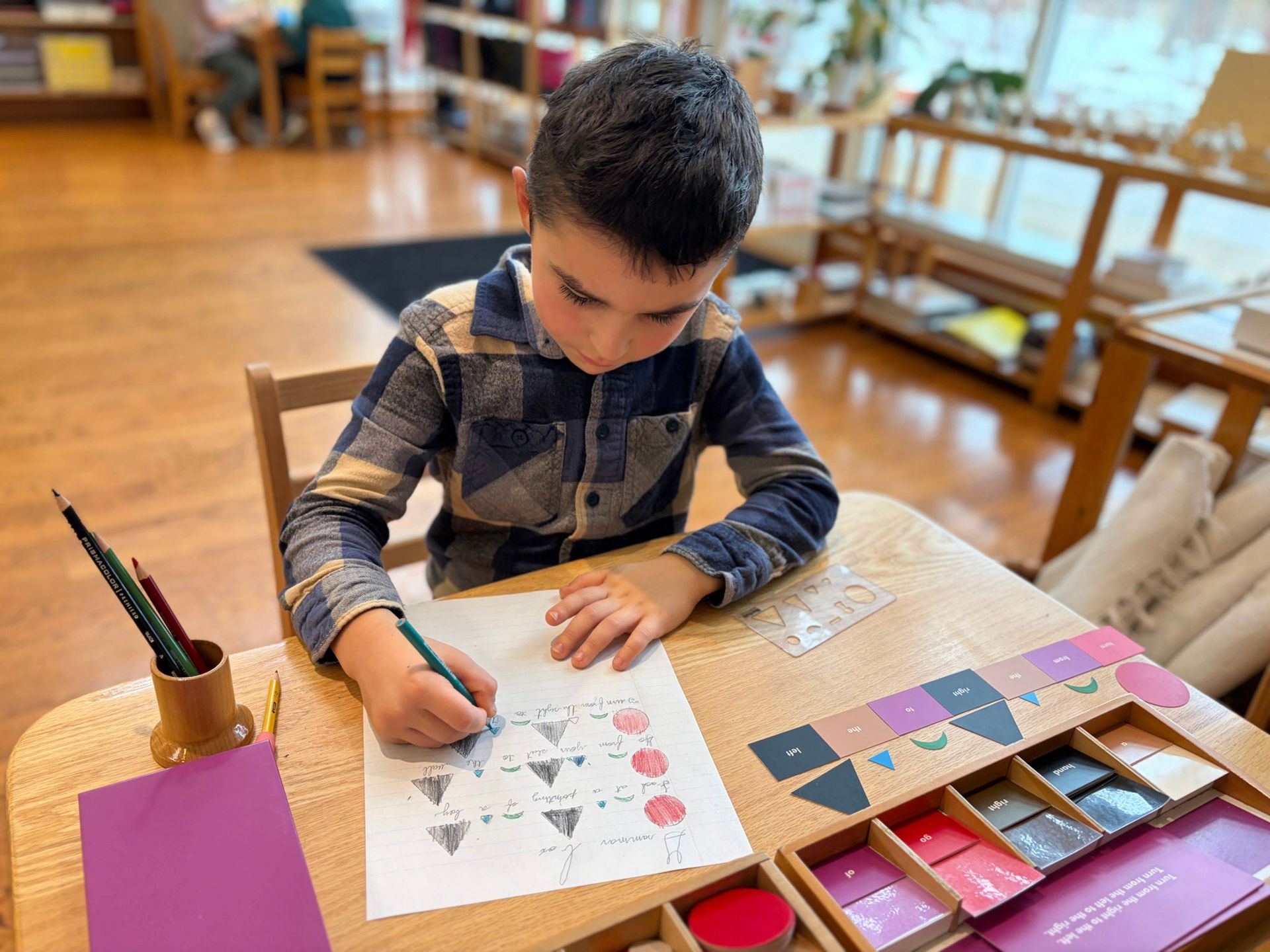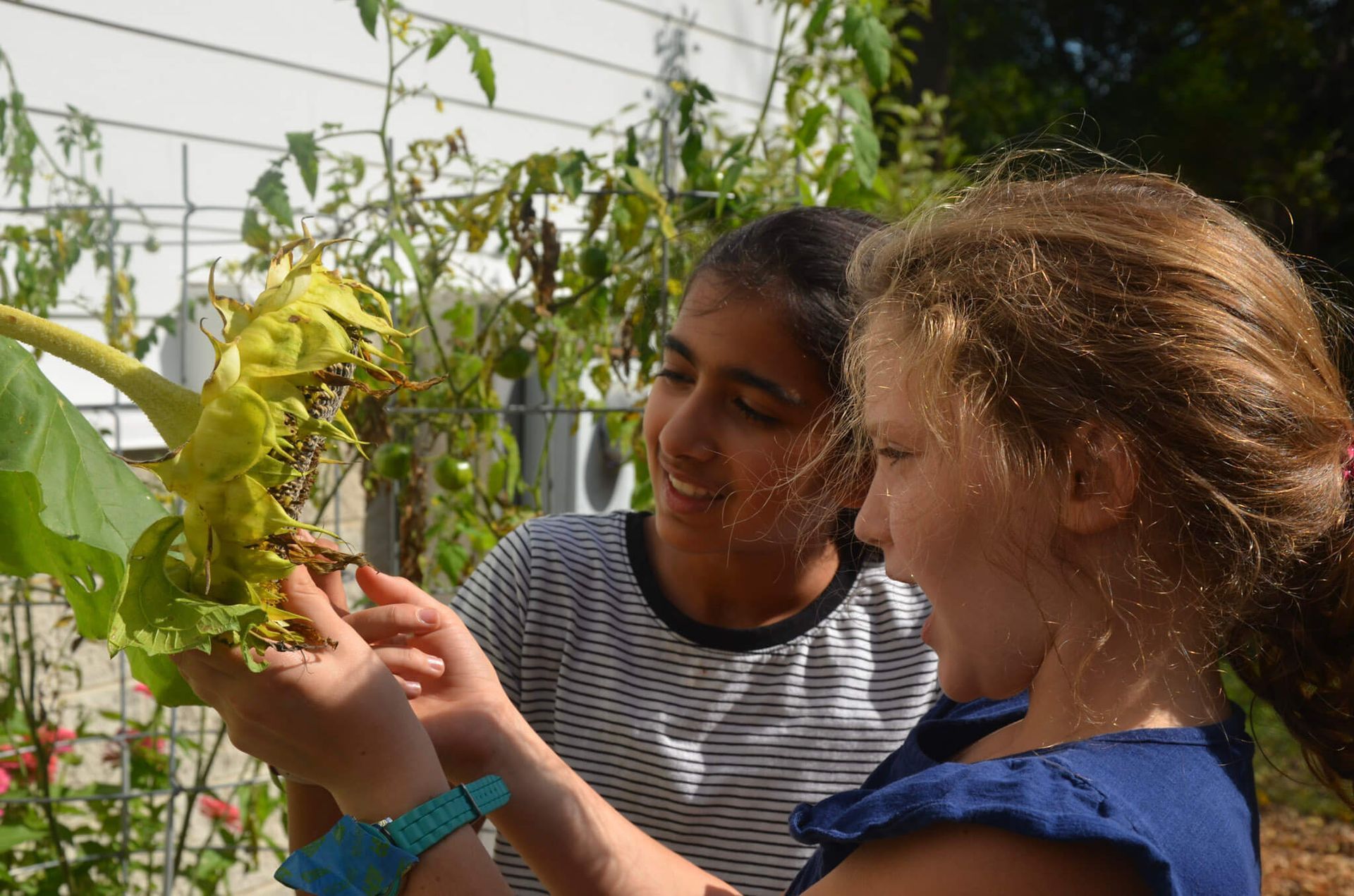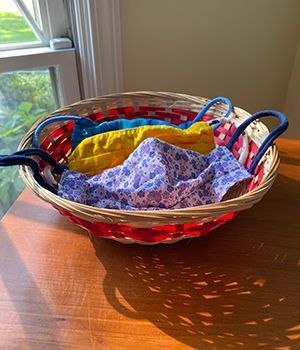
How do we ready our children for what school will be like this year? They will see their school environments transformed to accommodate new concerns; there will be new signs on the walls, new rules, and new customs.
Adults may need to actively discourage children from following their natural urges to touch things: objects, door knobs, and even their own faces. Our children may have to stay at home for periods of time again. They may need to communicate with classmates and teachers using screens. We may need to prepare our homes to be their alternate school environments to keep them learning with the help of their teachers remotely.
How Do We Normalize These Things for Them?
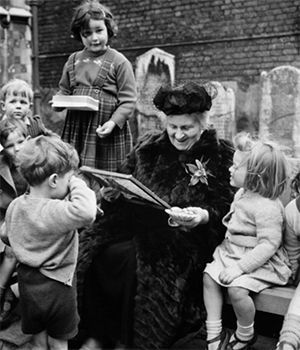
Montessori education, above all else, is an approach that fosters adaptability. To be adaptable, we need to be resilient when things change on us; we must exercise creativity to respond well to changes, and we must practice courage when facing transitions.
Maria Montessori wrote: “It is necessary that the human personality be prepared for the unforeseen…man must have a strong character and quick wits as well as courage; he must be strengthened in his principles by moral training and he must also have practical ability in order to face the difficulties of life. Adaptability—this is the most essential quality; for the progress of the world is continually opening new careers, and at the same time closing or revolutionizing the traditional types of employment” (Montessori, From Childhood to Adolescence).
The good news is that Dr. Montessori also recognized that children are prepared to be adaptable by their very natures, with sensitive periods to acquire new abilities, absorbent minds that soak in information easily, and human tendencies that guide their development. Our children are more resilient, creative, and courageous than we adults are, by nature. They have an advantage over us from the start! However, our children do look to us to set the tone and model for them, so we must adopt some resiliency, creativity, and courage ourselves as well.
Resilience
During times like these, it can be tempting to want to change the things in our lives that we can control. As adults, we might want to make big life decisions right now. In many cases, experiences like this offer perspective and allow us to move forward in important areas of our lives. However, we must be careful that they are not changes for change’s sake. To be resilient, we must pause in our discomfort with uncertainty, breathe into it, and open our eyes to the beauty and opportunity that is right in front of us in our own cities, homes, schools and lives. We can take “the long view” and see past the horizon; in a few years, we will be stable and prospering again. Think of where you want to be then, and work towards that goal. This long view will give you the resiliency you need to demonstrate for your children. It offers stability, outlines a plan, and encourages determination.
Creativity
It is hard to think creatively when we are stressed or tired, but creative thinking is exactly what we need right now. Montessori education encourages our children to think creatively not by providing solutions or telling them what to do; instead, Montessori provides a well-prepared environment with order, an inspiring teacher, and an organization of information for children to explore. As adults, we might crave for someone else to solve problems for us or to tell us what we ought to do, especially right now when we feel unsure, but there aren’t always definitive solutions for us! So, like our children, we adults must “think outside the box” and make discoveries.
We can foster our own creativity by resting and refreshing our minds. Take a break from the news and from technology. Remove interruptions, and get out into nature. Spend a little time away from your usual responsibilities if you can, whether it be a few days or even a few minutes. This gives your mind and soul a chance to reset and open up to creative ideas.
We can also use creativity when thinking about the current social landscape that children need to get used to:

- Sew or purchase some pretty cloth or paper face masks. This gives each person in the family identity with their own face masks and helps young children to recognize one another and the adults in their lives.
- Normalize mask-wearing by helping your child to make miniature face masks for stuffed animals or dolls. Suggest that your children play “going to the store” or “to school” with these masks on the stuffed animals or dolls.
- Treat the masks with care like any other belonging, by hanging them by the door or placing them in a basket for easy access.
- Be matter-of-fact about wearing face masks. We may not enjoy the way they feel, but we can get used to it.
- Praise your children for washing their hands, not touching their faces, and for wearing their face masks when needed. Tell them, “You are really doing a lot to protect yourself and other people from illness. You are doing a great job!” Mention this now and then, even casually saying, “You really are thinking about your hands and not touching your face. That’s really great!”
- Set up the sinks in your house for more frequent hand washing; you can use different soaps to put a little fun into it, and use different attractive hand towels so each family member has their own color.
- Download a sign from CDC to pin up by a sink (on handwashing procedures) or by the door (that encourages people to wear masks) to familiarize your children with seeing signs about these topics. You can also draw your own.
- Cultivate routines of washing hands when exiting and entering the house and wearing masks in stores or when visiting others in close proximity.
- Show your children how to wipe down objects, knobs, and surfaces as regular habits when sitting at a table to eat or entering or leaving a bathroom.
- Show your children where to sit with space between themselves and others; you can practice this with dolls or stuffed animals or with family members, using a measuring tape if that works well. If you notice that your child is perturbed, alternate this with big hugs and “Now let’s socially UNdistance!” Snuggle back together to make it enjoyable, like a game.
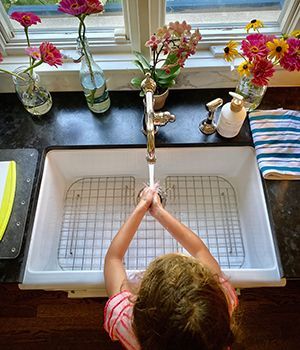
Developing these good habits will prepare your children to be comfortable with the changes they will experience at school, at social gatherings, and in public settings. These new customs do not need to be enforced with fear or punishment. Instead, help your child make positive associations with these customs by telling them, “You are being SO helpful to other people by wearing your mask!” We want to help children develop a sense of care and love for others, even for people we do not know personally. “Let us in education ever call the attention of children to the hosts of men and women who are hidden from the light of fame, so kindling a love of humanity…[and an appreciation for all human contributions]…we should not need to be reminded that no man can love God while remaining indifferent to his neighbor” (Montessori, To Educate the Human Potential).
Courage
It is easy to be anxious and tense in this period of incredible uncertainty and unknowns. Montessori classrooms give our children dependable routines, consistent physical environments, choice and freedoms, respect for individuality, and the experience of being part of a cooperative community. Montessori Directors are calm, confident, and smiling adults who reveal many wonders of the world to their students every day. In their classrooms, children are able to concentrate and thereby calm themselves. These repeated experiences help our children to build courage for the unexpected challenges life gives us. At home and outside of school, we can cultivate this courage by focusing our attention on reality.
An obvious choice is to notice the realities and certainties that the natural world provides: We can see the sun emerging in the mornings and setting in the evenings; we can hear the birds singing and observe the leaves on the trees. Using every one of our senses, we can find reassurance in our immediate surroundings. Take a moment to notice “Something I can see, something I can hear, something I can smell, something I can taste…” This is a little meditation that can stabilize you and your children, helping you to find courage when you need it.
Reminding ourselves and our children of enduring love is another practice that gives courage. We can list people we love: “Daddy loves you, I love you, Grandma loves you…” These are facts we can count on right now. Being able to count on a few certainties gives children courage for facing whatever may come.
As we learn about changes in restrictions and guidelines in the coming weeks or months, we can approach what comes with resilience, creativity, and courage. We all may have our moments of wanting to give up! There are many pressures, unanswerable questions, and a level of uncertainty most of us have never lived with before. We really have no choice but to adapt. This necessity gives new meaning to Montessori’s suggestion to “follow the child.” Children are malleable for adapting to their culture, time, and place, and to all the changes that come. Not only will your children adapt, but they will demonstrate the resiliency, creativity, and courage that our world needs.
